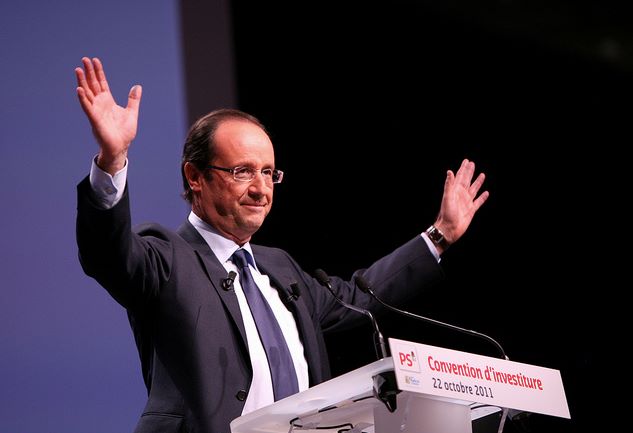By Lucy Hough
 After a June 17 election for France’s National Assembly where the Socialist Party took majority, many believe France will be the next European nation to recognize marriage equality. This takes place only months after Socialist Party candidate Francois Hollande became president.
After a June 17 election for France’s National Assembly where the Socialist Party took majority, many believe France will be the next European nation to recognize marriage equality. This takes place only months after Socialist Party candidate Francois Hollande became president.
Hollande pledged in his candidacy that he would pursue marriage equality legislation including adoption rights in his first year as president, and has promised that same-sex wedding ceremonies will take place in the spring of 2013. This would go beyond France’s recognition of domestic partnerships or PACS, which hold fewer rights than marriage.
Prime Minister Jean-Marc Ayraultr has said that legislation for marriage equality has already been written, marking the recent International Day against Homophobia and Transphobia. Polls in 2011 have found that 63 percent of French citizens supported same-sex marriage.
“The Government is determined to challenge prejudice and put an end to discrimination and violence,” said Prime Minister Ayraultr.
All marriage ceremonies in France are conducted by civil officials, so issues about religious officials conducting same-sex weddings, like those in England, will not be a problem. However, even as soon as Hollande took presidency, right-leaning Catholics have been vocal in their disapproval.
With a left-leaning parliament and Hollande as president, it’s likely that a number of pro-LGBT laws will pass, including lifting the ban on gay and bisexual men giving blood, allowing lesbians to have fertility treatment, and recognizing transgender people regardless of whether they have had surgery.
If passed, France would become the 12th country to recognize gay marriage. The other countries are Argentina, Belgium, Canada, Spain, Holland, Iceland, Norway, Portugal, South Africa, Sweden and Denmark.
Photo: Facebook.com





























